Contacts
At the INQUA meeting in Dublin, Ireland, in July 2019, Dr. Dirk Sachse was elected new chair of the INTIMATE project for the period of the next 4 years. A few amendments in the coordination of the group were implemented: the practical management of the project is taken care of by the steering group with representation of different archives, aiming for age, geographical and gender diversity. To join the INTIMATE network and receive news and announcements, join the INTIMATE e-mail list. Inquiries about the web page can be sent to intimate@nbi.ku.dk
| CHAIR | ||||
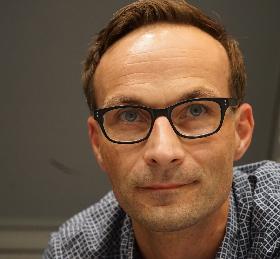 | Dr Dirk Sachse GFZ German Research Centre for Geosciences Section 4.6 Geomorphology, Organic Surface Geochemistry Lab, Potsdam, Germany Keywords: organic geochemistry, molecular paleohydrology, isotope geochemistry, rapid climate change, quantification of past hydrological changes, regional patterns of climate change, leads and lags |
| STEERING GROUP | |
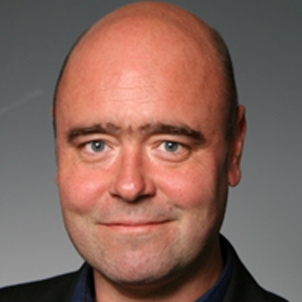 | Dr Simon Blockley Department of Geography, Centre for Quaternary Research, Royal Holloway, University of London, UK Keywords: climate and past climate change, age modelling, tephrochronology, abrupt climate change, human interaction with climate change |
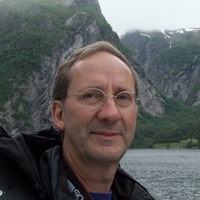 | Prof. Achim Brauer GFZ German Research Centre for Geosciences, Potsdam Germany Keywords: lake sediments, climate proxies, micro-facies analysis, high resolution, abrupt climate change, leads and lags in regional climate change, Late Glacial, Younger Dryas, Early Holocene, dating, varve chronology, extreme events |
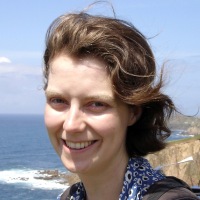 | Dr Siwan Davies Swansea University, Wales, UK Keywords: tephrochronology, rapid climate change, ice-cores, marine-cores, chronologies, last glacial period |
 | Dr Michael Deininger Palaeoclimate Dynamics Research Group, Institute for Geosciences, Johannes-Gutenberg University Mainz, Germany Keywords: speleothems, U-series dating, chronology, stable oxygen and carbon isotopes, trace elements, proxy development, cave monitoring, proxy system monitoring, Europe, Mediterranean, South America |
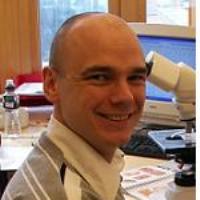 | Dr Stefan Engels Department of Geography, Birkbeck, University of London, UK Keywrods: palaeolimnology, chironomids, pollen, non-pollen palynomorphs, quantification, lake depth, temperature, MIS-3, Late Glacial, Holocene, NW Europe |
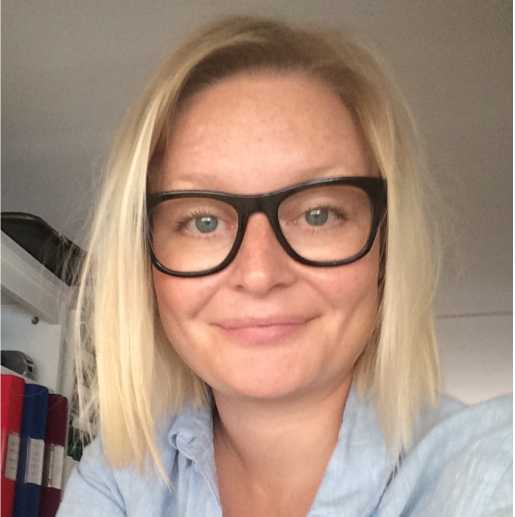 | Dr Alexandra Engstrom Johansson Max PLanck Research Group for Terrestrial Palaeoclimates, Max Planck Institute for Chemistry, Mainz, Germany Keywords: proxy based reconstruction of terrestrial palaeoclimates, dust geochemistry, provenance and pathways, Quaternary loess archives in Europe and Central Asia, biomarkers |
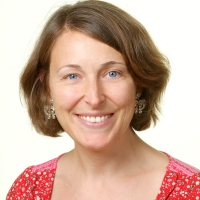 | Dr Kathryn Fitzsimmons Max Planck Research Group for Terrestrial Palaeoclimates, Max Planck Institute for Chemistry, Mainz, Germany Keywords: luminescence dating, aeolian geomorphology, deserts, loess, human-environment interactions, Australia, Eastern Europe, Central Asia, geoarcheology, desert dunes |
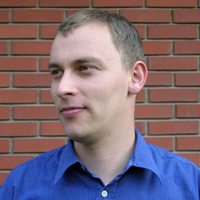 | Dr Tivadar Gaudenyi Serbian Academy of Sciences and Arts, Geographical Institute “Jovan Cvijic”, Department of Physical Geography, Belgrade, Serbia Keywords: Reconstruction of Quaternary environments dynamics based on words. |
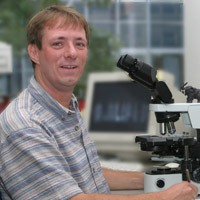 | Dr Wim Hoek Department of Physical Geography, Faculty of Geosciences, Utrecht University, The Netherlands Keywords: Large-scale and abrupt climate changes in particular during the last glacial-interglacial transition, its impact on geomorphology, vegetation, and humans and their interrelationships, requiring precise dating and correlation techniques. |
 | Dr Christine Lane The Department of Geography, University of Cambridge, UK Keywords: Chronology, stratigraphy, tephra, cryptotephra, tephrochronology, tephrostratigraphy, palaeoclimate, Europe, Africa, abrupt climate change, terrestrial records, lakes, geoarchaeology. |
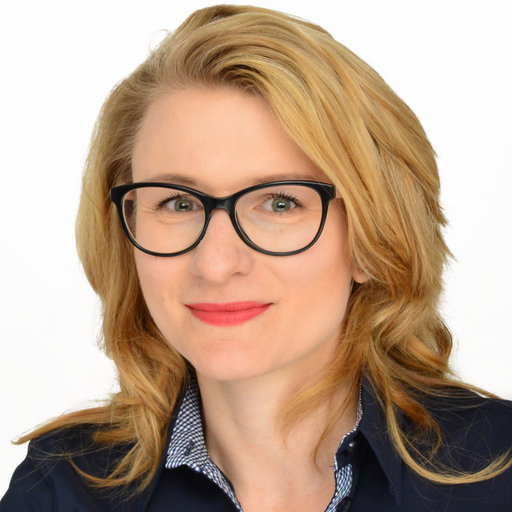 | Dr Karolina Leszczyńska Institue of Geology, Adam Mickiewicz University, Poznan, Poland Keywords: sedimentology, micromorphology, geochemistry, incl. tephrochronology; multiproxy reconstructions of environmental changes, in particular extreme events, incl. storm events |
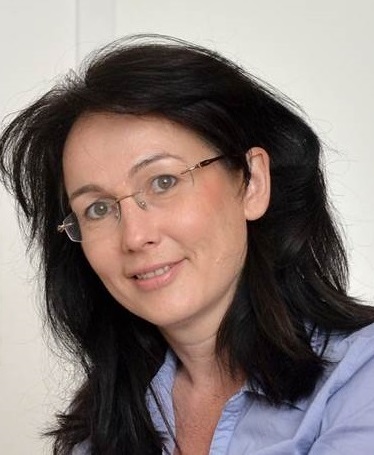 | Prof. Enikó Magyari Department of Environmental and Landscape Geography, HAS Research Group for Palaeontology, Eötvös Loránd University, Budapest, Hungary Keywords: last deglaciation, vegetation and climate dynamics, rapid climate change events, multi-proxy paleoecology, late glacial, East-Central Europe, lake sediments, human impact |
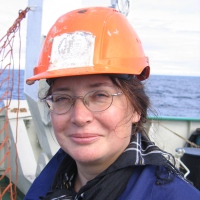 | Prof. Marit-Solveg Seidenkrantz Centre for Past Climate Studies , Arctic Research Centre and iClimate, Department of Geoscience, Aarhus, Denmark Keywords: Climate system dynamics, palaeoceanography, palaeoclimate, marine geology, micropalaeontology, multi-proxy studies, marine sediment cores, polar to tropical regions, ocean current variability, atmospheric circulation, sea ice variability, palaeoproductivity, multidecadal to millenial scale variability. |
 | Dr Ana Moreno Pyrenean Institute of Ecology-Spanish National Research Center, Zaragoza, Spain Keywords: speleothems, lacustrine sediments, XRF Core Scanner, oxygen and carbon stable isotopes, cave monitoring, U-Th dating, abrupt climate change, Iberian peninsula, Mediterranean, last deglaciation |
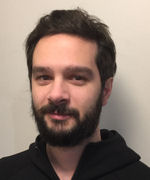 | Dr Francesco Muschitiello Department of Geography, University of Cambridge, UK Keywords: Palaeoclimate, palaeoceanography, North Atlantic Ocean, Quaternary chronology, isotope geochemistry, rapid climate change, lake sediment cores, marine sediment cores, atmospheric-ocean circulation. |
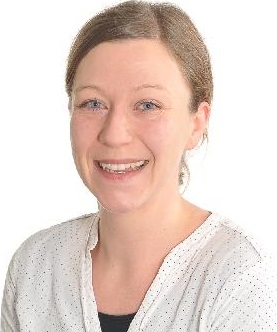 | Dr Ina Neugebauer GFZ German Research Centre for Geosciences, Potsdam, Germany Keywords: lake sediments, varve micro-facies, tephrochronology, cryptotephras, abrupt climate change, leads and lags in regional response to past climate change, desert environments, Eastern Mediterranean, Central Europe |
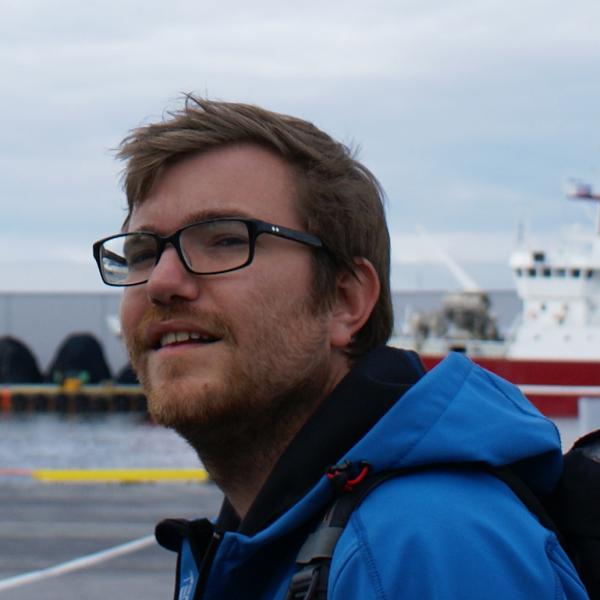 | Dr Christof Pearce Department of Geosciences, Aarhus University, Denmark Keywords: Paleoceanography, Paleoclimate, Diatoms, Sea ice biomarkers, Arctic Ocean, North Atlantic Ocean, Chronologies, Last Glacial Period, Holocene. |
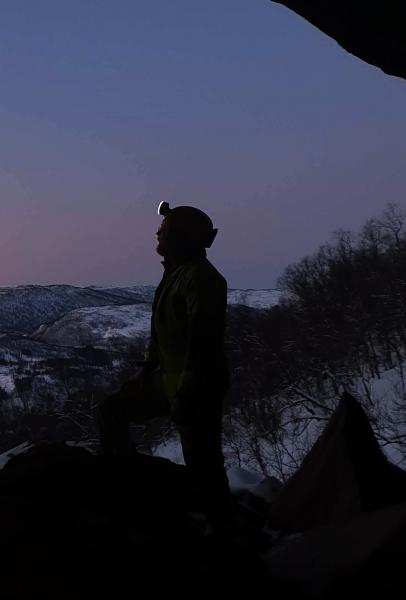 | Dr Aurel Persoiu Stefan Cel Mare University of Suceava, Faculty of History and Geography, Romania Keywords: stable isotopes, ice caves, speleothemes, Holocenes, Late Glacial, Central and Eastern Europe |
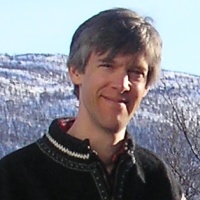 | Prof. Christopher Ramsey University of Oxford Keywords: Quaternary chronology, Radiocarbon dating, Statistical methods, Databases, Radiocarbon calibration, Age-depth modelling, Bayesian modelling, Tephra, Rapid climate change, Archaeology, Physics |
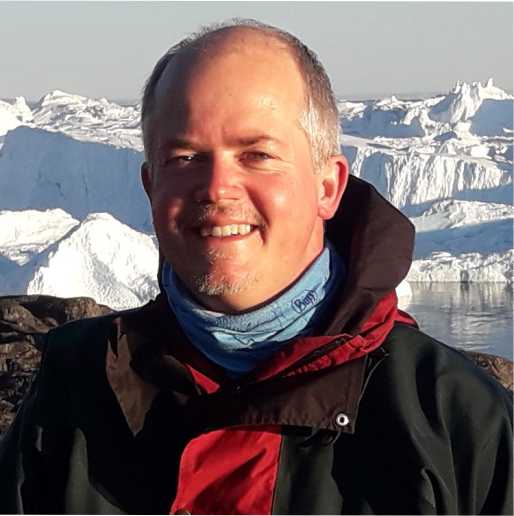 | Dr Sune O. Rasmussen Centre for Ice and Climate, Niels Bohrs Institute, University of Copenhagen, Denmark Keywords: Ice cores, Ice-core dating and synchronization, GICC05 time scale, bipolar seesaw, LGM climate dynamics |
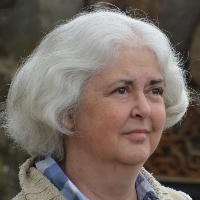 | Prof. Paula J. Reimer 14CHRONO Centre for Climate, the Environment and Chronology, Queen’s University Belfast, Belfast, UK Keywords: Radiocarbon calibration, marine radiocarbon reservoir corrections, regional marine calibration, carbon cycle changes. |
 | Prof. Helen M. Roberts Department of Geography and Earth Sciences, Aberystwyth University, Wales, UK Keywords: luminescence research, luminescence dating, optically stimulated luminescence, geochronology, loess, mineral dust, lakes, rates of geomorphic change, climate and environmental change. |
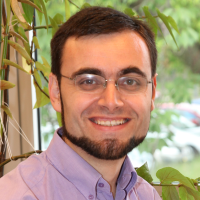 | Dr Didier Roche Laboratoire des Sciences du Climat et de l’Environnement, IPSL / CEA-CNRS-UVSQ, Gif-sur-Yvette, France Keywords: Data-model integration, paleoclimate and proxy modeling, water isotopes, carbon isotopes, Milankovitch theory, abrupt climate change, pattern evaluation in models using proxy data |
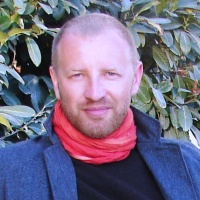 | Dr Daniel Veres Romanian Academy – Institute of Speleology, Cluj, Romania Keywords: Climate evolution and developments during the Quaternary; Geology of karst areas, lake sediments and cave records as archives of climatic and human history; tephras as chronological and correlative tools. |
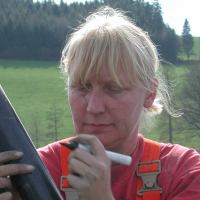 | Prof. Friederike Wagner-Cremer Department of Physical Geography, Utrecht University, The Netherlands Keywords: Palaeophysiology of plants, glacial – interglacial CO2 dynamics, growing season dynamics, vegetation dynamics |
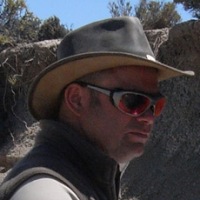 | Prof. Gianni Zanchetta Dipartimento di Scienze della Terra, University of Pisa, Italy Keywords: Paleoclimatology, stratigraphy, stable isotopes, geochemistry, speleothems, lakes, tephrostratigraphy, tephrochronology, mediterranean basin, Quaternary geology |